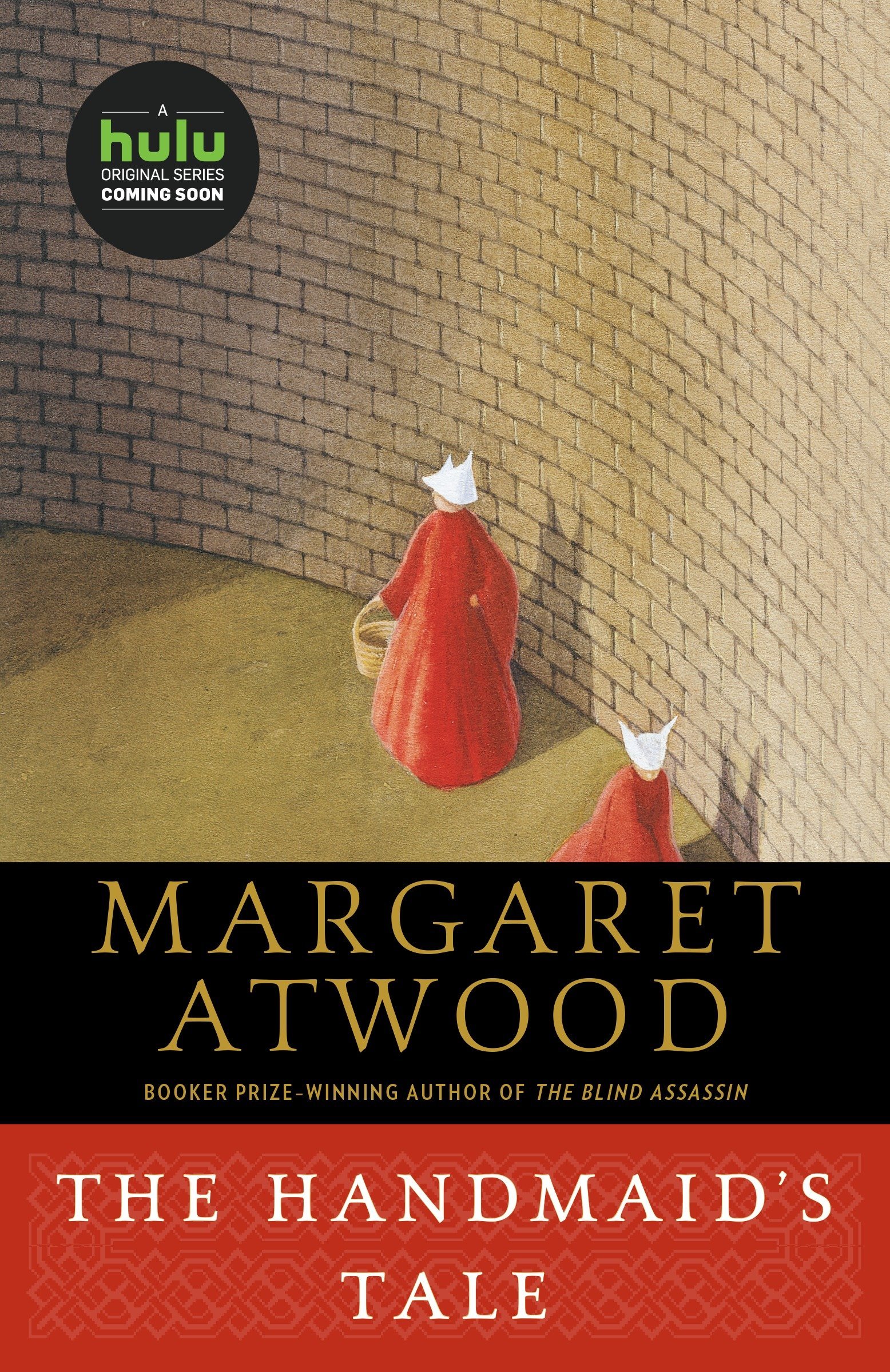
"I have given myself over into the hands of strangers, because it can’t be helped."
The Handmaid's Tale is the first book I ever read from author Margaret Atwood. Although published in 1985, the critique and analysis of the book is still relevant to our current society with concepts such as feminism and masculinity all around the media. I discovered this book after watching the eponymous series, and it was luck by chance. This book has installed Mrs. Atwood as one of my favorite authors of all time with her sharp wit and raw prose.
PLOT
The novel begins when Offred, a servant/slave/concubine, arrives at the Waterfred's household. She had been instructed at a training center and is able to behave as expected to the wife and husband she will be serving: Walter and Serena.
Offred narrates her life as she recounts the stories of her past life before her country became what is now known as Gilead, a country dominated by religion and the oppression of fertile women who have endured a series of abuses for a higher cause: repopulate the earth.
STRUCTURE
The story is narrated by Offred in the present while living under the Waterfred's roof. However, the novel is plagued with flashbacks that compare and contrast the situations that Offred is living. That and also the melancholy and nostalgia that Offred experiences and the desire to escape and survive this ruthless regime.
THEMES
The power of patriarchy and misogyny is the key element of this novel.
Women are seen as objects either wives or wombs, they are never three-dimensional. They are allowed a single role while men are the ones who dictate what will be done, how and why. However, there is a trick to all this: in Gilead's regime, women are "respected", they are no longer raped or seen with lust by men since their purposes are now established officially; therefore, there is certain aura of respect for them, for what they do.
They are now protected but needless to say this protection comes in the form of a shadow that never lets go and is always ready to punish without any mercy. After all, their womb is the only thing Gilead needs from them.
ABOUT THE ENDING...
It's shameful to admit that I did not know that the novel ended in an epilogue that revealed all the book had been discovered by a scientist investigating about Gileadian societies.
I believed this part of the book only mentioned some of the historical facts involved in the creation of the novel. Shame on me. However, I enjoyed thoroughly this meta-piece in the novel that continues to make Margaret Atwood a pioneer and bold writer that always has an ace under the sleeve. Now. I'm ready to continue with the sequel, The Testaments.
CHARACTER: 8/10
PLOT DEVELOPMENT: 8/10
THEMES: 10/10

Comentarios
Publicar un comentario